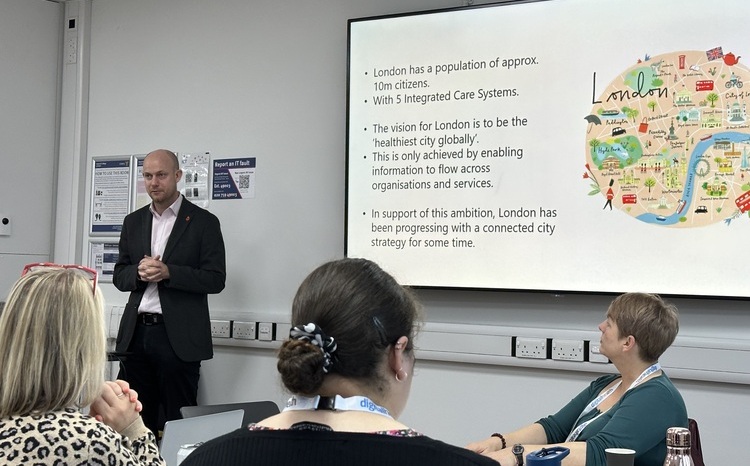National IT Programme Looks For Additional Expert Resources
- 19 February 2003
Wanted: expert hands and heads to get the National IT Programme rolling asap.
Director General of IT, Richard Granger, has issued an OJEC notice to recruit “additional expert programme management resources” for the delivery of NHS National Programme for IT, as set out in ‘Delivering 21st Century IT Support for the NHS’.
With the contract worth as much as £117m over the next ten years, the tender looks certain to generate keen interest from the major consultancy firms.
The advertisement requires applicants to “clearly demonstrate the ability to work within an agreed and measured framework and provide a solid range of experienced personnel to work alongside existing staff across the programme.”
The anticipated value and duration of the contract are put at £12m over five years and eight months – together with the option to extend the contract term for two further periods of up to two years each.
The tender covers the provision of the central “programme management and procurement services for the implementation of information technology enabled business change for the National Health Service.”
Significantly the OJEC advert has been placed under an accelerated procedure, because the scope of the programme management services contract advertised has been ‘amended’ due to unspecified “unforeseen circumstances”.
The notice states “Instead of reverting to in-house personnel for preparatory services in relation to the NHS National Programme for Information Technology, the contracting authority must now engage external key managerial staff including a Chief Operating Officer to manage the Programme and secure its timely launch. A similar rationale exists with regard to project management personnel.”
Announcing the move, Mr Granger said, “The National IT Programme is on a critical time path and needs to move swiftly to meet key project milestones. The pace of the programme is reflected in the procurement process. This is a pragmatic approach to establishing the right level of resources for the National IT Programme.”
Although the scale of investment envisaged in new “expert programme management resources” is large, the successful bidder will have a massive task on their hands with responsibility for ensuring the successful delivery of the National IT Programme from project planning through to procurement, business change and benefits realisation.
The OJEC advertisement covers the resources needed for a core programme office and programme organisation that will liaise closely and work effectively with the Department of Health and its staff. Key appointments will include a locum chief operating officer (COO) and director-level managers.
The OJEC advert states the COO will be responsible for programme management and procurement services and the “recruitment, induction and deployment of a number of senior, middle ranking and junior personnel who would report to the Chief Operating Officer…”
Other critical requirements are around project planning, risk analysis and management, cost modelling, contracting and procurement and implementation management.
Activities to be managed by the successful bidder include: business process design, the definition of system requirements definition, together with responsibility for procurement, supply, testing, delivery and installation.
In addition they will also be responsible for “commissioning and support of the underlying information technology solutions, specifically electronic patient record management systems and software; and integration of these information technology solutions with wider NHS’ provision of information technology…”
As if this wasn’t enough to be getting on with, the successful bidder will also be responsible for implementation of the vital business change management that will accompany the implementation of new systems.
The OJEC advert says this change management component will include “job design, user training and ongoing end user business support” together with risk and cost modeling,” together with benefits realisation, “to ensure that projected benefits are delivered operationally.” Business continuity mechanisms will also be required.





